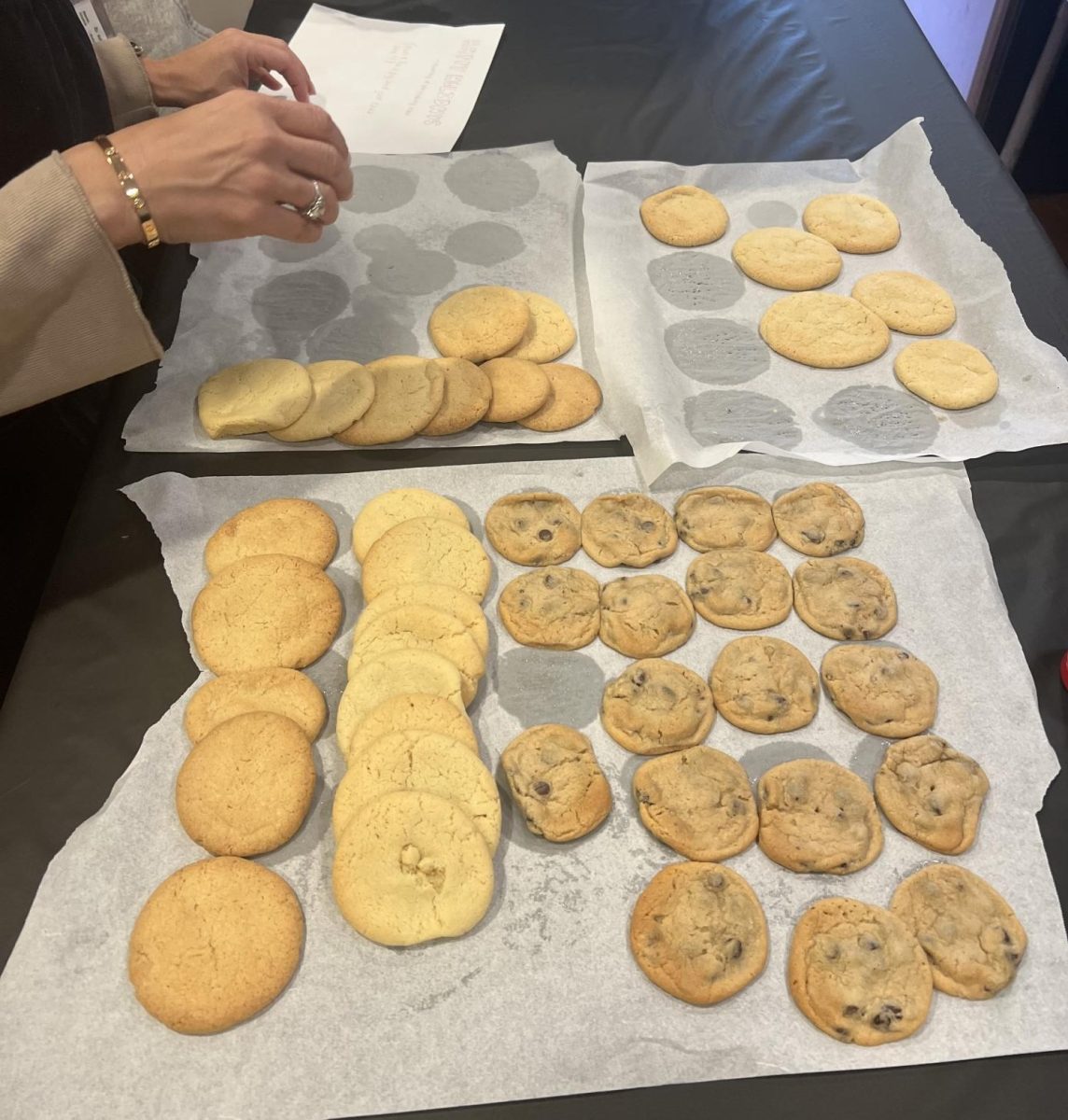How Journaling Has A Positive Affect On Your Mental Health
February 28, 2023
Journaling is a sustainable and powerful way to process stress, trauma, and emotions such as happiness, fear, anger, and sadness. you can easily start journaling. All you need is a notebook and a pen. If you really wanna get fancy and have fun you can add pictures and stickers, along with pretty colored gel pens. You can also personalize your cover with ticket stubs, images of things you love, and quotes that inspire you.
How does it with help anxiety?
People with anxiety disorders tend to ruminate on their negative thoughts which can cause unwanted emotions. Journaling can be a great coping skill that allows you to externalize your anxieties by putting them into words. This helps take your anxious thoughts and feeling of your mind.
How does it with help depression?
Journaling is also effective for people struggling with depression. In 2013 a study done by National Library of Medicine involved 40 participants. The participants were asked to write about either an emotional daily event or a non-emotional one. The study showed that Emotional writing greatly decreased symptoms of depression, while non-emotional, boring, and mundane writing didn’t. This study suggests that if you want your journaling to benefit your mental health you should open up and write about your deep feelings and thoughts.
How does it help with trauma?

People with PTSD (post-traumatic stress disorder) or any type of traumatic symptoms may benefit by being able to process the event. An effective way to do this is to journal your thoughts and feelings about the said event. While psychotherapy is generally the most effective treatment method for PTSD, journaling is also a great way to self-help and cope with the trauma.
How to start!
An easy way to start journaling is to consider these things.
- Consider what time of day you’re most likely to stick with It
- Try not to worry about sticking to a consistent time every day. Journaling can fit around your schedule.
If you are unsure of a topic here are some great prompts to use…
- What types of challenges are you dealing with right now?
- What goals do you have for the next week?
- What would you do if you had no obligations or restrictions?
- Where would you like to be in five years?
- Three things you are grateful for
- If you were living your dream life, what would it look like?
- Three things you are proud of recently
- What has been giving you energy recently?
- What has been draining your energy recently?
- What makes you unique?
- When do you feel most like yourself?
- What is a lesson you had to learn recently?
- What is something your younger self would be surprised you’re doing now?
- Places that make you feel safe
- Things you wish to improve about yourself















JJ • Mar 8, 2023 at 9:05 am
This makes me want to start journaling